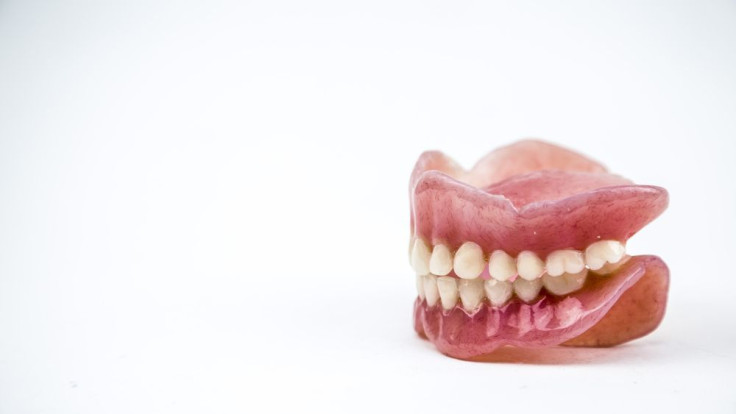Social Anxiety Increases Risk Of Teeth Grinding, Possibly Leading To Fractures

Are you anxious in social situations? It may be why you grind your teeth, according to a new study published in the Journal of Oral Rehabilitation.
Social anxiety disorder (formerly social phobia) refers to individuals who feel extreme discomfort and fear around others. The Diagnostic and Statistical Manual of Mental Disorders: Fifth Edition reported individuals may be so uncomfortable carrying a conversation that they are unable to talk to anyone, at all. Some patients are prescribed antidepressants in order to help cope with their disorder.
Prior research has linked antidepressants to bruxism, the habit of grinding and clenching your teeth. So researchers from Tel Aviv University (TAU) in Israel recruited 75 men and women in their early 30s, 40 of which had social anxiety, to answer psychiatric and dental questions. Just about half of the group with anxiety were taking some kind of antidepressant drugs. Though researchers did not find an association between the two, they did find “moderate-to-severe dental wear was found in 42.1 percent of participants with social anxiety compared to 28.6 percent of participants not experiencing anxiety.
Additionally, 32.5 percent of anxious participants experienced jaw play (small jaw movements without touching teeth) and 42.5 percent reported “awake bruxism,” which is the same as bruxism, just occurs during the day versus during sleep. For comparison, only 12.1 percent of non-anxious participants played with their jaw and a mere three percent experienced awake bruxism.
"Interaction with people seems to be necessary to trigger bruxism in socially anxious people," Dr. Ephraim Winocur, lead study author from TAU's School of Dental Medicine, said in a press release. "By treating social anxiety, we will be able to treat bruxism as well." Dr. Winocur added he is “currently researching the effect of post-traumatic stress disorders on sleep and awake bruxism.”
Jaw play, plus gum chewing and nail biting, are all signs of bruxism. It’s not so much a dental problem as it is a dental consequence, Winocur said. The Sleep Health Foundation reported most cases of bruxism are mild, but serious cases can result in teeth damage, facial and jaw pain, not to mention poor sleep. Emotional stress, like anxiety, is considered a trigger, as is concentration, sickness, dehydration, poor diet, and excessive alcohol and drug use.
SHF said relaxtion and awareness techniques are often used to ease bruxism, including but not limited to counseling and a better sleep schedule.
"If we are aware, then we can bring it into consciousness," Winocur said. "Psychiatrists can identify patients predisposed to bruxism and can try to help prevent it, and dental experts will immediately know what to treat."
Source: Hermesh H, et al. Bruxism and oral parafunctional hyperactivity in social phobia outpatients. Journal of Oral Rehabilitation. 2015.



























